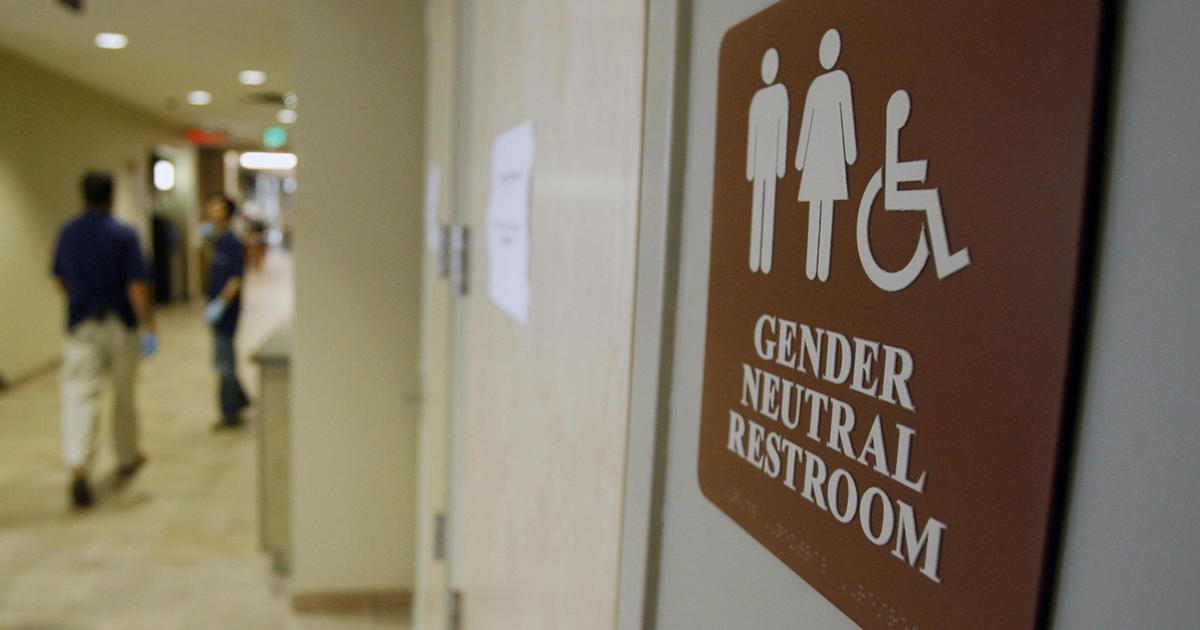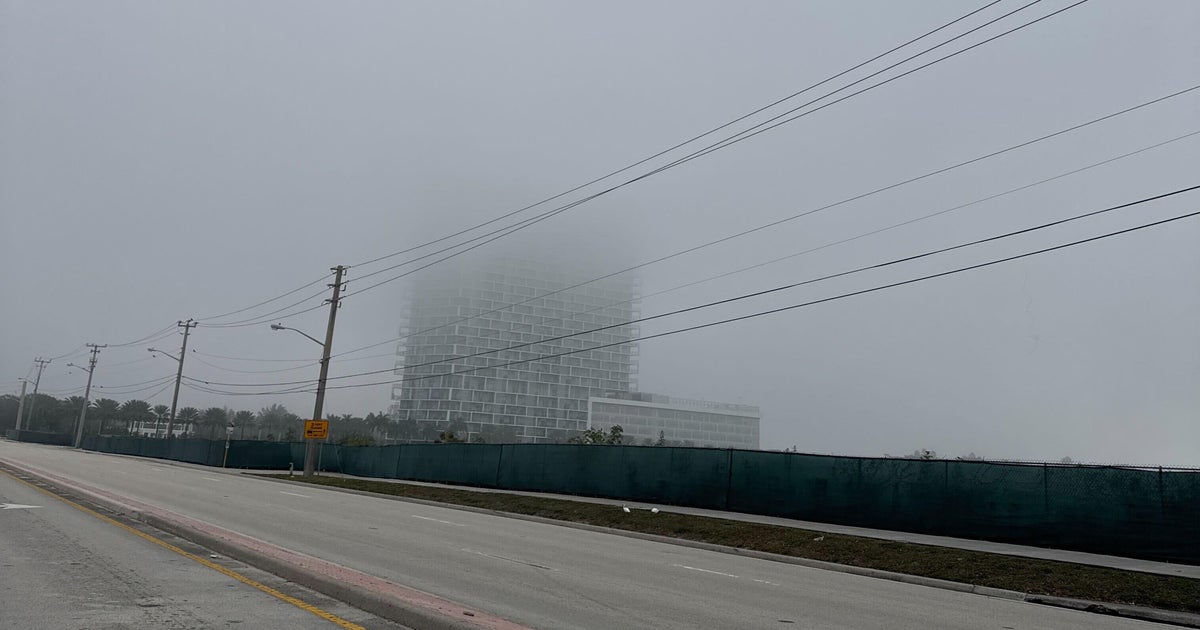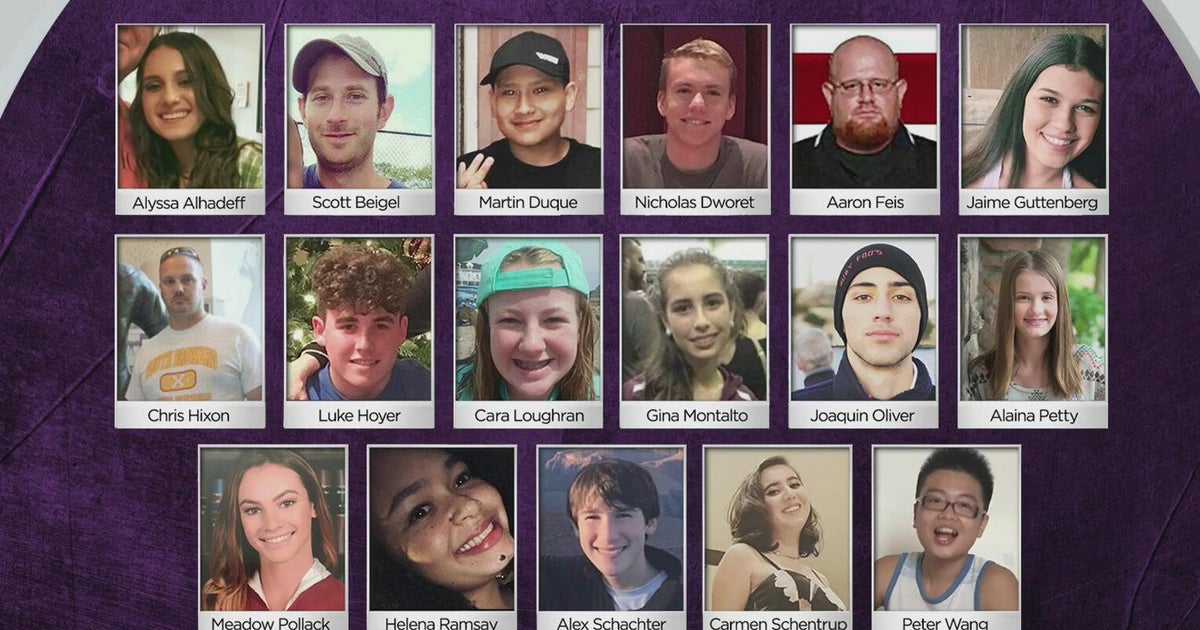TALLAHASSEE – As it upheld a St. Johns County University Board coverage preventing a transgender male college student from applying boys’ bogs, a federal appeals courtroom Friday indicated that very similar reasoning could use to disputes about banning transgender ladies from participating in on women’s and girls’ athletics teams.
The 11th U.S. Circuit Court of Appeals, in a 7-4 selection, rejected a district judge’s ruling that supported Drew Adams, a transgender male who challenged a policy that kept him from applying boys’ bogs at St. Johns County’s Nease Significant School.
Part of the appeals-court scenario centered on Title IX, a federal regulation that stops discrimination based mostly on sexual intercourse in education applications. The greater part belief claimed that “affirming the district court’s buy (in the Adams scenario) would have broad implications for sexual intercourse-divided athletics groups at institutions subject matter to Title IX, which includes public schools and public and non-public universities.”
The final decision, created by Decide Barbara Lagoa, included that “equating ‘sex’ to ‘gender identity’ or ‘transgender status’ would also simply call into query the validity of sex-divided sports activities teams.”
Lagoa also wrote a concurring impression that concentrated on the problem of transgender women enjoying sports activities and the definition of “intercourse.” She wrote that “had the the vast majority feeling adopted Adams’ argument that ‘sex,’ as used in Title IX, consists of the principle of ‘gender identity’ or ‘transgender status,’ then it would have become the legislation of this (11th) Circuit for all areas of the statute.”
“Beneath such a precedent, a transgender athlete, who is born a organic male, could demand the means to try out out for and contend on a sporting activities crew comprised of organic ladies,” Lagoa, a former Florida Supreme Court docket justice, wrote in the concurring impression. “This kind of a commingling of the organic sexes in the feminine athletics arena would drastically undermine the benefits afforded to woman university student athletes beneath Title IX’s allowance for sexual intercourse-divided sporting activities teams.”
Florida lawmakers in 2021 passed a controversial ban on transgender girls participating on girls’ and women’s sporting activities teams. A federal lawsuit challenging the ban was submitted on behalf of a transgender Broward County center-university university student.
U.S. District Judge Roy Altman in February 2022 issued a keep in Broward County lawsuit. He cited the Adams circumstance, which was awaiting a listening to prior to the whole appeals court, or what is regarded as an “en banc” hearing.
“We share the parties’ (apparent) summary that the Eleventh Circuit’s en banc decision in Adams could materially have an effect on the end result in our case,” Altman wrote.
In ruling Friday versus Adams, the Atlanta-centered appeals courtroom claimed the St. Johns County plan did not violate the constitutional equal-defense legal rights of Adams, together with not violating Title IX. As she wrote about the transgender athlete difficulty, Lagoa concentrated on Title IX.
Judge Jill Pryor wrote a prolonged dissent Friday, declaring that “the the greater part opinion misuses the time period ‘biological intercourse,’ contradicting unchallenged findings of reality that mirror health care science and oversimplifying – in fact, excising – the role of gender identity in pinpointing a person’s biological sex.”
Pryor also took situation with Lagoa’s concurring opinion that targeted on the problem of transgender women on sports teams.
“In a distinctive concurrence, Choose Lagoa writes that permitting ‘sex’ less than Title IX to include things like gender identification would involve that establishments enable transgender girls to participate in girls’ sporting activities,” Pryor wrote in a footnote. “She worries that these types of integration threatens to undermine the development ladies and women of all ages have designed by way of participation in Title IX plans. But there is no empirical details supporting the anxiety that transgender girls’ participation in girls’ sports in any way undermines the knowledge and benefits of athletics to cisgender women. The point that there may well be organic variations concerning transgender and cisgender women does not indicate that transgender ladies will so overwhelm girls’ athletics systems with competitive positive aspects as to undermine the benefit of girls’ sports activities for cisgender ladies. For a person matter, there will under no circumstances be several transgender ladies who participate in girls’ sporting activities, considering the incredibly small proportion of the population identifying as transgender, only some of whom detect as girls and numerous of whom will not compete in sports activities.”




